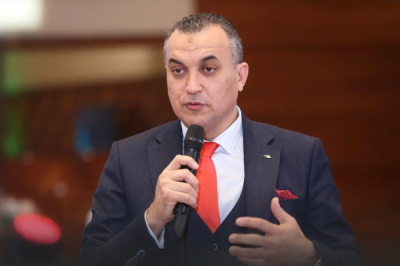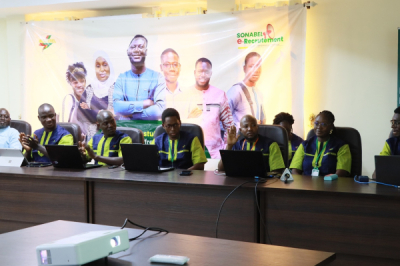- Ericsson opens new Zambia office to support national digital transformation goals
- Govt unveils “Digital Pact” with focus on innovation, local solutions, and inclusion
- ICT sector grew 17.4% in 2023; digital shift could add $1.26B by 2028
Swedish technology firm Ericsson opened its new office in Zambia last week, a move that authorities say reflects a strengthening partnership aimed at advancing the country’s digital transformation. The government also encouraged other technology companies to invest in the country.
“The opening of the Ericsson Zambia office marks a pivotal moment in the country’s technological advancement. It reflects a collective vision shared by government, industry, and international partners to build a secure, inclusive, and innovative digital future,” Zambia’s Ministry of Technology and Science said in a Facebook post on Friday, November 14. “With strong policy reforms, trusted partnerships, and continued investment in infrastructure and skills, Zambia is well-positioned to become a leading digital hub in the region.”
During the event, Minister of Technology and Science Felix Mutati introduced a “Digital Pact,” a cooperation framework involving Ericsson, the government and the Zambian public. The pact is built around four principles: agility and innovation, solutions tailored to Zambia’s needs, faster processing and smoother operations, and shared responsibility and opportunity.
Mutati also highlighted government efforts to create a supportive policy environment, including tax exemptions on digital infrastructure imports and regulatory reforms that have helped make information and communication technology the country’s fastest-growing sector, expanding by 17.4 percent in 2023.
Zambia’s national digital strategy aims to make the country an integrated, inclusive and digitally autonomous nation by 2030. Authorities say digital adoption can raise productivity, improve efficiency and deliver better services, which in turn can support growth and reduce poverty. Mutati noted that technology can also cut costs and improve efficiency in priority sectors such as mining.
The GSM Association (GSMA) estimates that continued digital transformation could generate additional value of 28.64 billion Zambian Kwacha, or about 1.26 billion dollars, across the agriculture, trade, manufacturing, transport and public service sectors by 2028. The first four sectors alone could add 5.16 billion Kwacha in tax revenue and create 378,422 jobs.
Isaac K. Kassouwi



















